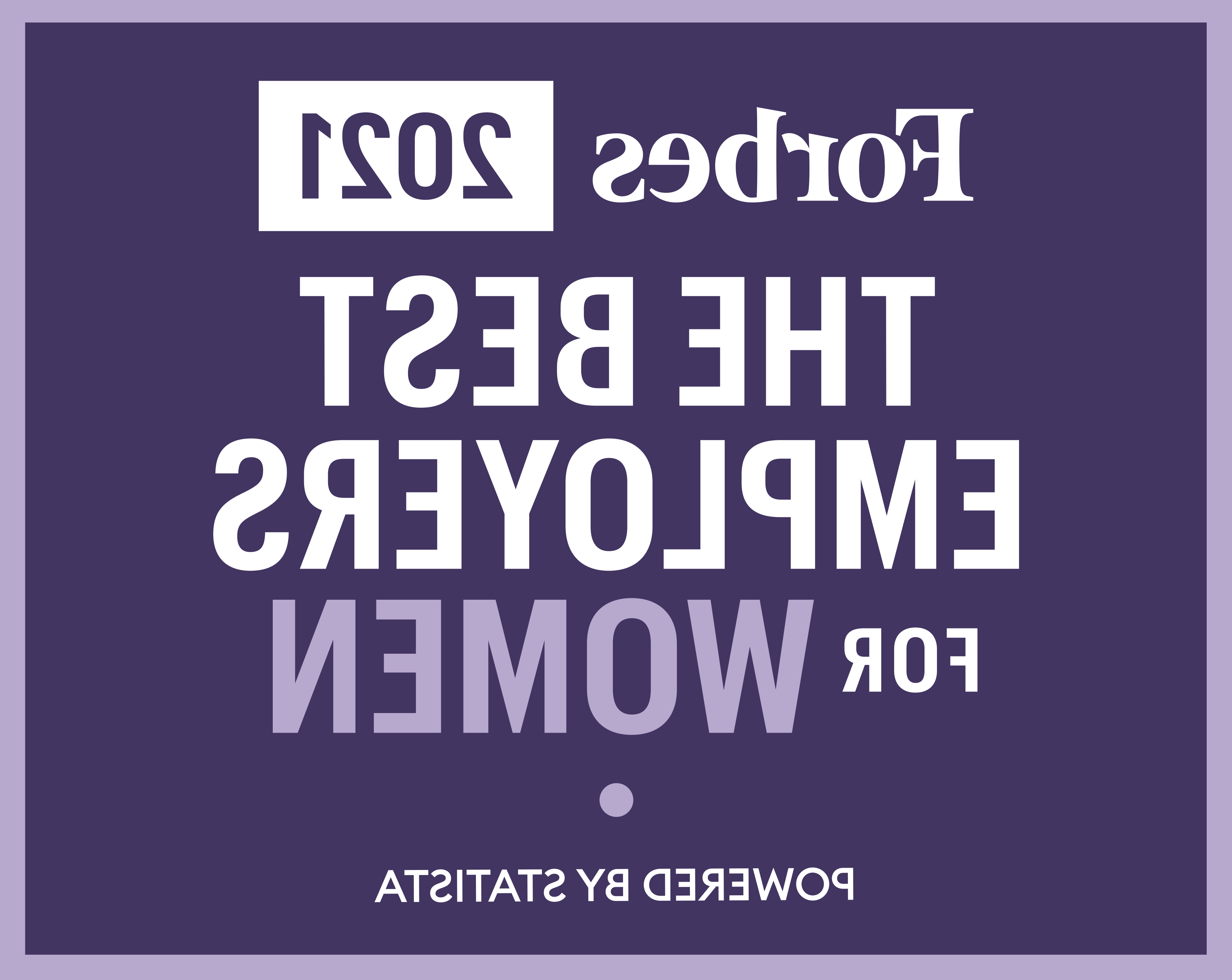What Worries Americans Most About COVID-19?

As we enter the holiday season with rates of coronavirus transmission rising to alarming levels, 各地的美国人都在担心. 但是他们最担心的是什么, and what does that mean for our understanding of the pandemic and efforts to stop it? 趣赢平台 and Stanford University School of Medicine’s Coronavirus Attitudes and Behaviors study, a nationally representative survey fielded this spring, can provide insights into how Americans perceive the risks of coronavirus—and how these perceptions impact their behaviors, 包括健康行为, such as wearing masks and 社会距离.
The survey included specific questions about behaviors and open-ended questions where respondents could talk about what they were worried about and how they were coping. 与趣赢平台团队合作 菲利普•蕾斯尼克Ph值.D., 马里兰大学的教授, 计算语言学的专家, to analyze themes in the open-ended responses using topic modeling. This automated approach discovers useful patterns of response in large collections of text. Dr. 蕾斯尼克观察, “在这里, we used topic models to confirm the results of human analysis, 为两者增加信心. The computation models also uncover overlooked categories of response hidden in the data that are worth looking at more closely.”
Overall, looking at predefined and open-ended questions:
- About 35% of Americans were most worried about illness or death of themselves or those they care about. This group was also likely to worry about the uncertainty of the pandemic, 包括它会持续多久.
- Just under 25% of Americans were most worried about uncontrolled spread of the virus and lack of health care resources, like overwhelmed hospitals and lack of treatments.
- Just over 20% were most worried about the economy; this group was also concerned about the social impact of the pandemic, including both individual isolation and social unrest.
- About 5% said they were most worried about a lack of leadership around the virus.
- 4% were worried about government overreach and loss of liberty in coronavirus restrictions.
(Because of nonresponse and responses that could not be categorized, figures do not total 100.)
Within these broad groupings are interesting demographic patterns. 女性 and Hispanics were more likely to worry about illness or death. 男人, 那些有大学学位的人, 以及那些收入超过75美元的人,000 per year were more likely to worry about the economy and social impacts. 那些年收入超过75美元的人,000 per year were also more likely to be worried about government overreach. 女性, 白人, and 那些有大学学位的人 were more likely to worry about lack of health care resources.
So, why are these risk perceptions important? Because they relate to how Americans have responded to the pandemic.
- Those who were worried about illness or death and those worried about lack of health care resources were more likely to take recommended precautions like staying home, 社会距离, 和戴着面具.
- Those who worried about the economy and the social impact were more likely to report giving to charity and supporting local businesses.
- Those who worried about lack of leadership said they were staying informed and trying to counter misinformation about the virus; they also said they were planning to vote in this year’s election.
- Those most worried about government overreach were more likely to explicitly reject taking public health precautions.
For a graphic that illustrates these issues, see What Worries Americans Most About COVID-19? (PDF).
Understanding how people view the pandemic and how these views connect to behavior can be a powerful public health tool, 解释了玛弗传动装置, Ph.D., a 趣赢平台 Senior Study Director with expertise in public policy research. If beliefs about government overreach run counter to preventive behaviors, while beliefs about illness encour年龄 preventive behaviors, then more efforts to counter disinformation and more information about the personal risks of COVID could be provided. “Public health communication can test different messaging to see what ultimately influences everyone to mitigate risks,”博士指出. 传动装置. “Specific kinds of mess年龄s can be sculpted to influence behavior change in the right direction to help everyone.”
Read previous articles about the survey:
How Are Americans Coping Financially with COVID-19?
COVID-19: How Has It Changed Americans Attitudes and Behaviors?





